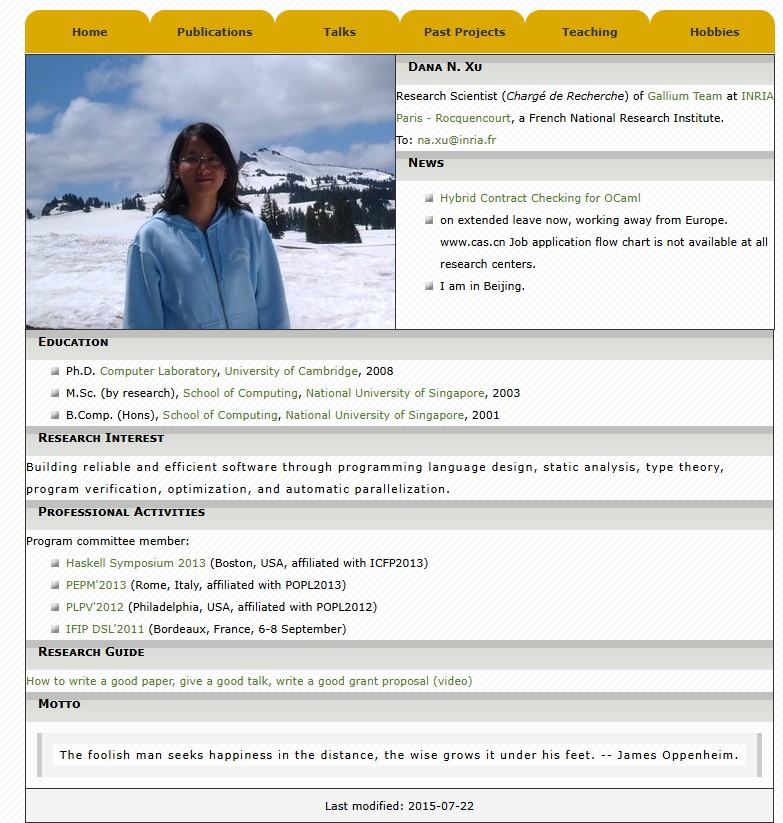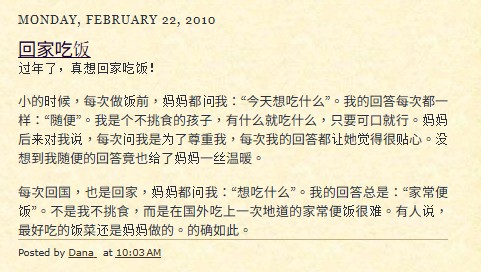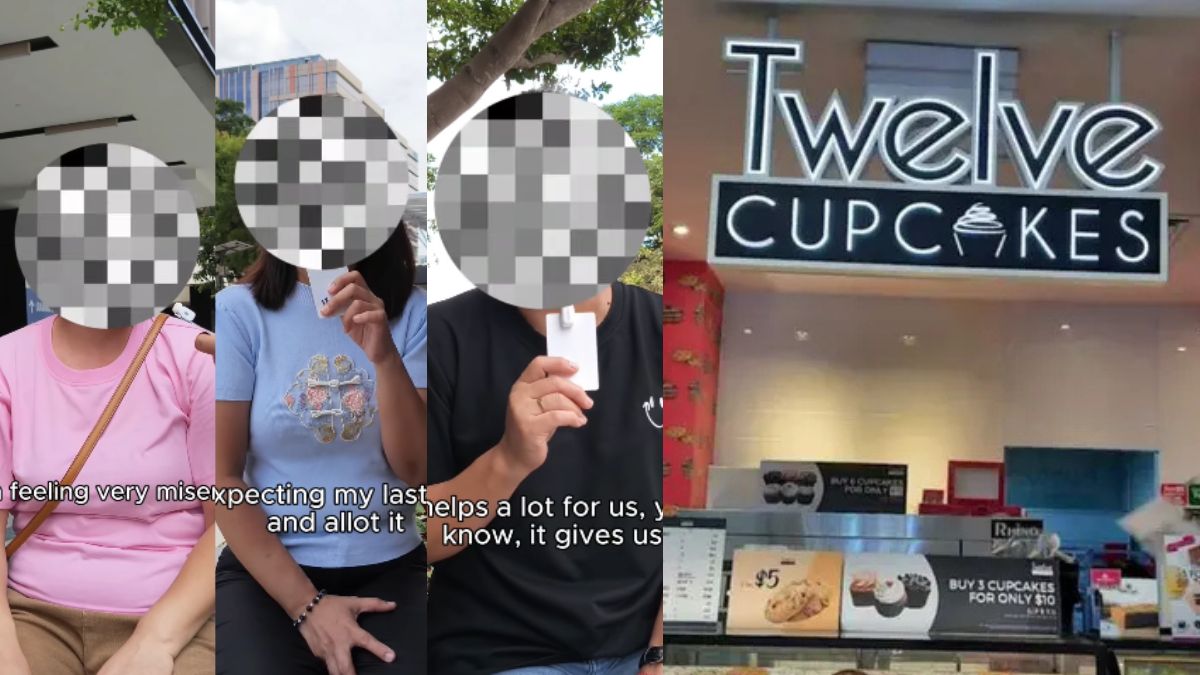47-year-old woman found dead in Sengkang flat held NUS master’s and Cambridge doctorate degrees
A woman found dead with her father in a Sengkang flat has been identified as 47-year-old Xu Na, a National University of Singapore (NUS) and University of Cambridge alumna. Xu, remembered as a quiet but high-achieving student, reportedly struggled with mental health challenges and relied on her father for support.

- A 47-year-old woman, identified as Xu Na, and her father were found dead in their Sengkang flat on 6 October 2025.
- Xu was a highly educated individual, with degrees from the National University of Singapore (NUS) and a doctorate from the University of Cambridge.
- Former classmates described her as intelligent, polite, and introverted, with a long history of academic excellence and a close relationship with her late parents.
SINGAPORE: The discovery of two bodies in a Sengkang flat on 6 October 2025 has shaken the local community.
Authorities found 47-year-old Xu Na and her father, whose remains had decomposed into skeletal form, inside their eighth-floor unit at Block 324D Sengkang East Way.
Police confirmed that the case is being investigated as an unnatural death.
A spokesperson from the Singapore Police Force stated that investigations are ongoing, with the identities of the deceased pending formal verification.
Neighbours said the pair had not been seen for about a month.
The discovery was made after a resident living below their flat noticed a strong odour and liquid seeping through the ceiling.
According to a report by Shin Min Daily News, Xu Na was a former academic with impressive credentials.
She graduated from the National University of Singapore with a bachelor’s degree in computer science in 2001 and a master’s degree in 2003, before earning a doctorate from the University of Cambridge in 2008.
Information on the website of the French National Institute for Research in Digital Science and Technology (INRIA) indicated that Xu worked there as a scientific researcher between 2009 and 2012.

Her NUS classmate, Xu Rong, told Shin Min Daily News that he recognised her from the photograph released by the police during their appeal for next-of-kin.
He described Xu as intelligent, polite, and introverted, recalling that they both studied computer science and participated in the NUS Chinese Society.
“She was quiet and focused, but she opened up more when she joined the Chinese Society,” he said. “She loved sports, and we used to play table tennis together.”
Xu Rong said that Xu’s family had immigrated from northeast China and that she had studied locally since her secondary school years. He noted that she had a small social circle and rarely spoke about relatives.
Her father, Xu Bao Lu, was reportedly a Singapore citizen, while her mother, Wang Li Li, was a permanent resident who died of lymphoma in 2016 at age 66.
Since then, Xu Na is believed to have lived alone with her father and was said to have suffered from a mental health condition.
One former Anglo-Chinese Junior College (ACJC) classmate recalled Xu as a high-achieving student.
She was active in the school’s Chinese Cultural Society and table tennis co-curricular activity, and in 1997, she won first place in the junior college category of a national Chinese essay-writing competition.
Xu’s academic journey later took her to France, where she conducted research and maintained a personal blog between 2010 and 2013.
In her posts, she described her experiences living abroad, often expressing loneliness and her longing for family, particularly her late mother.

Neighbours told Shin Min Daily News that the family kept mostly to themselves and were seldom seen outside.
A 51-year-old neighbour, identified only as Ms He, said that since around 2017, only the father and daughter had been living in the flat.
Xu Rong said he has been reaching out to Xu’s former contacts in China and France to locate any remaining family members.
“If we cannot find her relatives, some of us are prepared to raise funds to help with her funeral arrangements,” he said.
As investigations continue, the case has sparked public reflection on social isolation and mental health, particularly among educated professionals living in small family units.








2 Comments